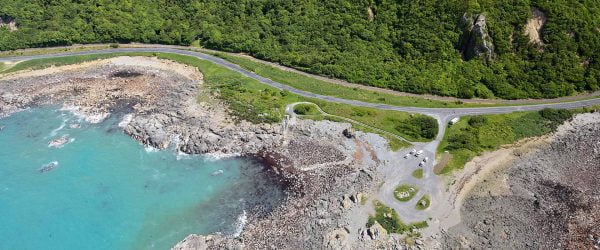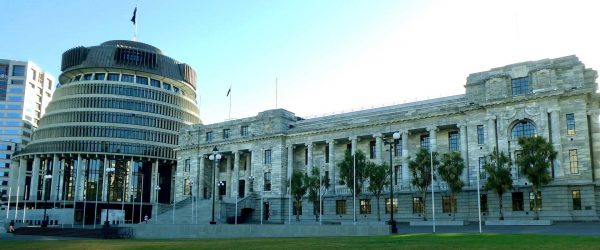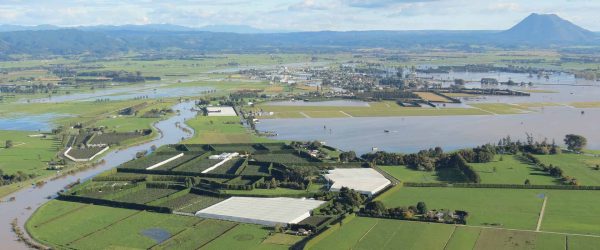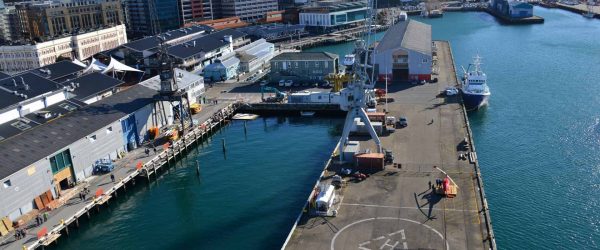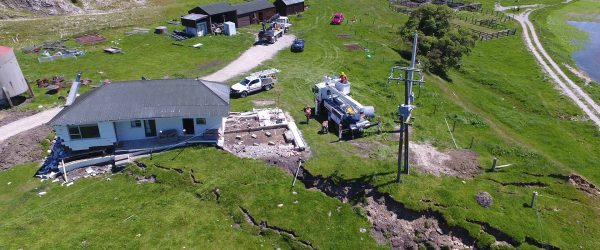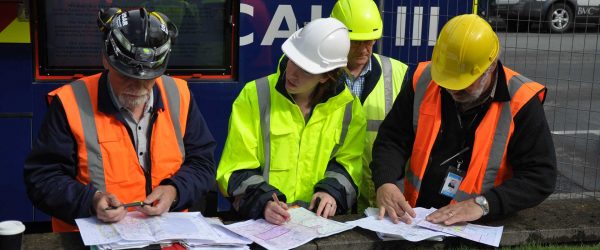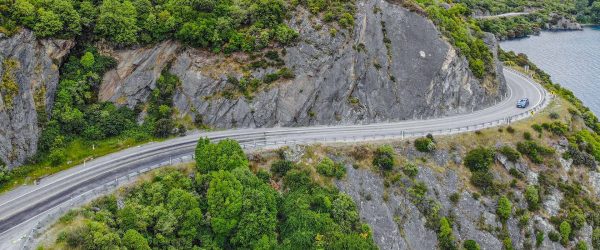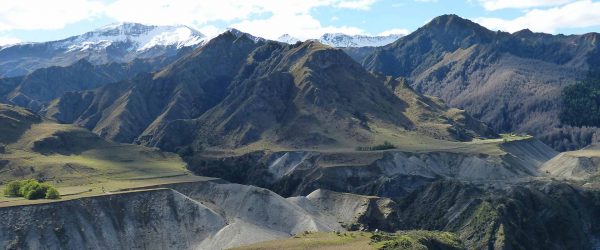Project Summary
Natural hazard events cause significant economic consequences for communities, ranging from the immediate to long term. Resilience and adaptation interventions to minimise these impacts have often been selected based on direct and physical impacts. Socio-economic impacts were not well understood and therefore not incorporated into resilience planning.
The Enabling Pathways to Resilience project worked to develop economic decision support tools to integrate with existing MERIT and RiskScape modelling to enable high resolution assessment of economic consequences, response and recovery options. The project worked with the Wellington Lifelines Group on a Wellington earthquake scenario case study, which delivered new and comprehensive learnings for all stakeholders and demonstrated the critical linkages between physical, economic and social resilience.
Resources from this project
Wellington Resilience Programme Business Case: Modelling the Economics of Resilient Infrastructure Tool (MERIT) Assumptions Report.
Smith N, McDonald G, Kim J-H, Ayers M, Brown C, Seville E. 2017. Wellington Resilience Programme Business Case: Modelling the Economics of Resilient Infrastructure Tool…
Economic impact of the 2016 Kaikōura earthquake
Market Economics Limited. 2017. Economic impact of the 2016 Kaikoura earthquake. Auckland (NZ): Market Economics Limited. 56 p. Prepared for Ministry of Transport
Developing integrated models by coupling together existing models; land use, economics, demographics and transport in Wellington, New Zealand
Harvey EP, Cardwell RC, McDonald GW, van Delden H, Vanhout R, Smith NJ, Kim J-h, Forgie VE, van den Belt M. 2019. Developing integrated models…
A review of approaches for submarine landslide-tsunami hazard identification and assessment
J.H.M. Roger, S.Bull, S.J. Watson, C. Mueller, J.I.T. Hillman, A.Wolter, G. Lamarche, W.Power, E. Lane, S.Woelz, S.Davidson 2024 A review of approaches for submarine landslide-tsunami…
